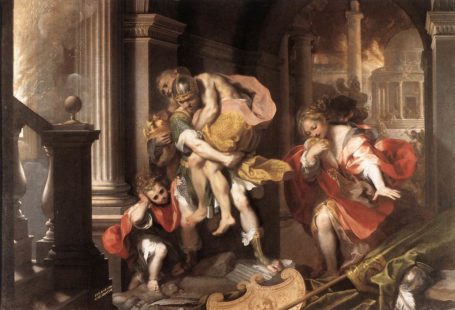The public interest in the individual’s life and learning is not that of a prospective employer or bureaucrat. Although, the individual must live in harmony with the community, his life of virtue ought not to be subsumed by the political purposes of the state—for ultimately, the state’s only justification is that it makes the good life, the life of virtue, the life that takes responsibility for what it knows, possible…
Reacting to “missle gaps” and fluctuating employment figures, the state in the modern era exaggerates this tendency by looking upon the school as a means for supplying the technocrats that society is presumed to need. In its utilitarian haste, the state often peddles preparation for the practical life to our young as the glittering doors to the life of pleasure; but by encouraging this selfish approach to learning, the state sows a bitter fruit against that day when the community depends on its younger members to perform charitable acts and to consider arguments above selfish interest. In so behaving, this state threatens the conditions necessary for the life of virtue and weakens its own justification for being.
—David V. Hicks, Norms and Nobility




